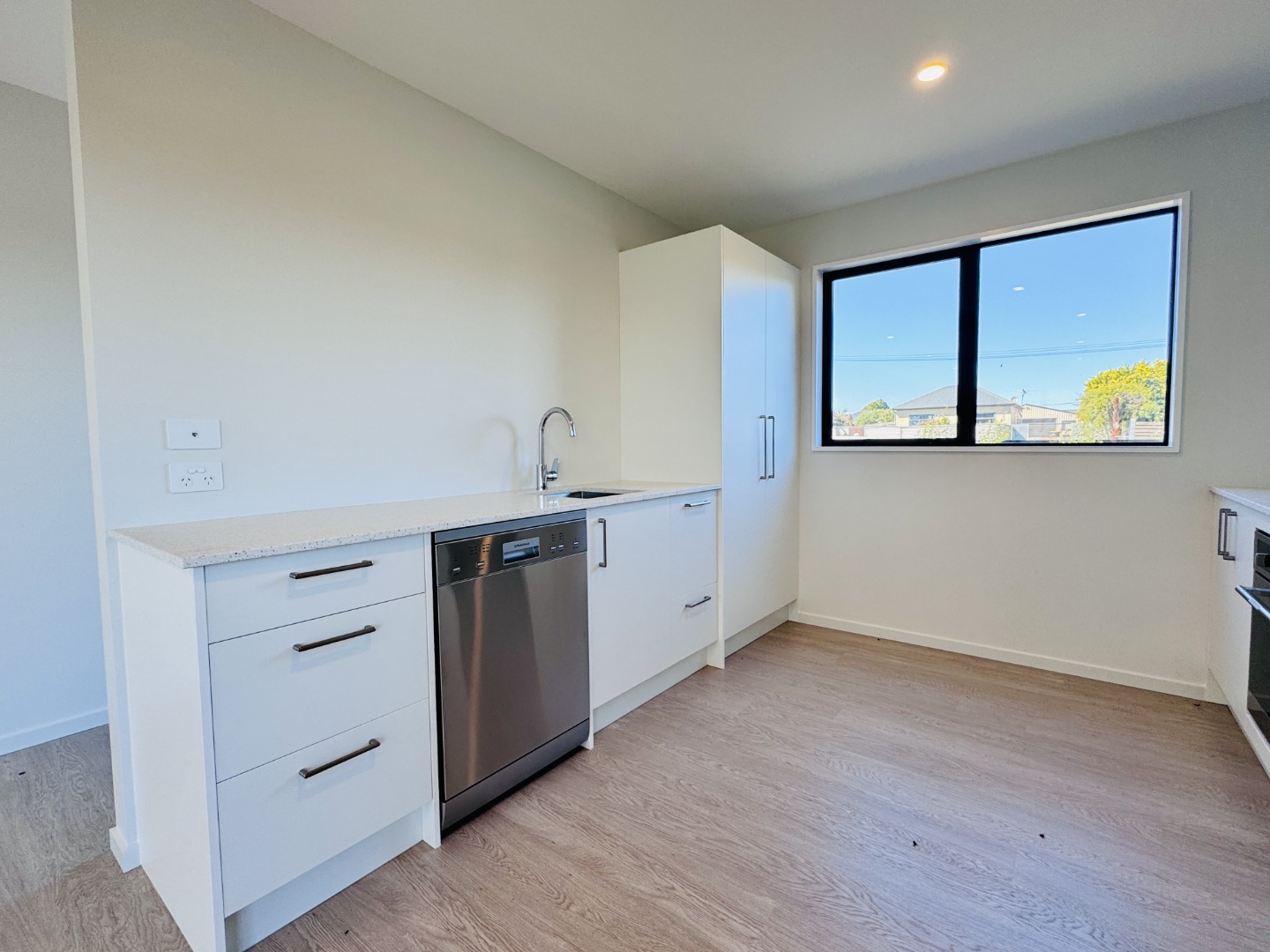

October 2022 Market Update

Welcome to October! Just like that another month has flown by and we find ourselves just 87 days away from Christmas.
Vote Against Planning Rules for Christchurch
It’s hard to know where to start this month as there’s been a bit going on. Mid-September the Christchurch City Council voted against changing its planning rules to comply with Government direction to enable more housing and development in the city. In a move aimed at showing the Government that Christchurch does not want intensification forced upon it, the council decided not to formally notify and invite submissions on the proposed Housing and Business Choice Plan Change that would bring the District Plan in line with the recently passed legislation.
Mayor Lianne Dalziel says in deciding not to notify the Plan Change, the Council was responding to residents' concerns, she said in the past few weeks many neighbourhood groups have asked the Council not to approve the planning rules because they are very concerned about how allowing more intensive housing development will impact on their neighbourhoods.
The Government, however, is now likely to step in and appoint someone to notify plan changes that will comply with the intensification requirements. New Medium Density Residential Standards (MRDS) would have come into effect when the Plan Change was notified, allowing up to three homes, up to 12 metres high (generally three storeys), to be built on a section in most residential areas of the city (except for in specified areas where there were 'Qualifying Matters'), without resource consent. Interesting times on this front, we will leave that for the CCC to battle it out with Central Government.
GST and Short-Term Accommodation
There seems nothing as constant as the changing tax landscape for New Zealanders at the moment. Another one to fly under the radar and property related is a change to GST requirements for short term accommodation such as Airbnb. There's no GST to pay on rental income from long-term residential renting. But short-term renting, on the other hand, is a taxable activity.
Generally, if the income earned from short-term accommodation is under $60,000 in any 12 month period, then you don't need to register for GST, and you don't need to file GST returns.
The new proposed changes do not change this requirement.
What's new? Up until now, if your income fell below the threshold of $60,000 and you're not registered for GST, the total rent earned on a platform like Airbnb would be passed on to you. However, under the new rules, this amount would be reduced.
The Government would now require the platform providers themselves to levy GST on all sales. IRD provided an example of what it would look like. For example, if you rented out a property for $230 inc GST and you are not GST registered, then $30 of GST will be split into $17 to be returned to you and $13 to be passed on to the Inland Revenue Department (IRD).
Why the change? IRD said that short-term accommodation providers often fall below the GST threshold of $60,000. This gives them an unfair advantage over traditional commercial GST-registered businesses. The proposed law change is designed to level the playing field.
When is the change effective from? The GST change is expected to take effect from April 2024 to give the companies time to build the required changes into their systems. There are many nuances around the new change, GST applicability and tax calculations. If in doubt, talk to professionals specialising in accounting for rental properties to understand how this change applies to your circumstances.
I Love Some Stats…
As net negative migration continues to flow, it is likely to continue through 2023 and 2024 following a net loss of over 12,000 people in the past year. Mid month, Statistics New Zealand confirmed that we did not slip into recession in the first half of this year with growth of 1.7% during the June quarter. It noted previously, we are unlikely to go into recession because of the many factors which will support growth (at a below average pace) in the next couple of years.
The NZ one-year wholesale borrowing cost facing NZ banks has climbed further to 4.4% from 4.24% last week and a low of 3.75% early last month. The three year wholesale borrowing cost is now near 4.4% from 4.23% last week and 3.6% early in August. On the back of that Kiwibank and the Bank of New Zealand (BNZ) have raised some of their key home loan interest rates. BNZ has lifted its one-year home loan rates for owner-occupiers from 5.15% to 5.45% , and its two-year rate from 5.39% to 5.59% . Those rates are for borrowers with equity in their homes of 20% or more.
What’s Happening In The Local Market?
On par with last month, we are only one property down compared to this time last month. Trade Me has 734 properties listed for rent in Christchurch this week. We are seeing strong enquiry across the board for good properties. Tenants in Christchurch still have cars and we are finding some of the new builds without carparks are taking a bit longer to tenant compared with those with carparks.
There is still plenty of stock washing through in the two bedroom multi-unit developments. Proportionally they make up 34% of the local market, up from 30% last month.
Don’t Forget CCC Are Implementing Excess Water Supply Rate
Did you know our Local Body Authority aka the Christchurch City Council (CCC) has introduced what they call a “Excess Water Supply Targeted Rate”. The targeted rate will apply to any single household with a water meter that uses, on average, more than 700 litres a day – roughly equivalent to 100 toilet flushes. Property owners in Christchurch will pay a fixed rate of $1.35 for every 1000 litres they use over the average limit. Most households are average water users and won’t use enough to receive an invoice.
The CCC will read your water meter and invoice you for any excess water use on a quarterly basis (roughly every 90 days). Meter reads cannot be requested.
The first bills for excess water use will be sent between January and March 2023. These will cover excess water use in the period between your first and second quarterly water meter readings after 1 October, which is when excess charges come into effect.
Bills for excess water use will be sent out quarterly, and unlike rates they won’t come at the same time each quarter. CCC will send you a bill after they’ve carried out your quarterly meter reading.
Who pays for metered water charges?
A metered water supply allows a water supplier to charge for the amount of water used. The tenant pays for any water charges if:
- the property has a separate water meter
- the water supplier calculates water charges based on metered use
- the charges can be exclusively attributed to the tenant's use of the property
Otherwise the landlord pays for the water charges.
The landlord must pay the whole water account and then ask the tenant to reimburse them. Landlords should send the tenant a copy of the bill on a regular basis to prepare the tenant for paying (landlords can remove personal details before sending). The water account can’t be in the tenant’s name.
So with the retrospective billing (90 days) and no ability to request a meter reading how is this going to apply to tenanted properties? If the billing period sits within the current tenancy, then it is straight forward to apportion that water use to the current tenants. If the tenancy has changed within the billing period there is currently no way of attributing each person’s exact water usage.
As always, we do truly appreciate your business and the team and I are always just a phone call away. We are always available for a free chat and are happy to share our experience and knowledge wherever we can be helpful.





